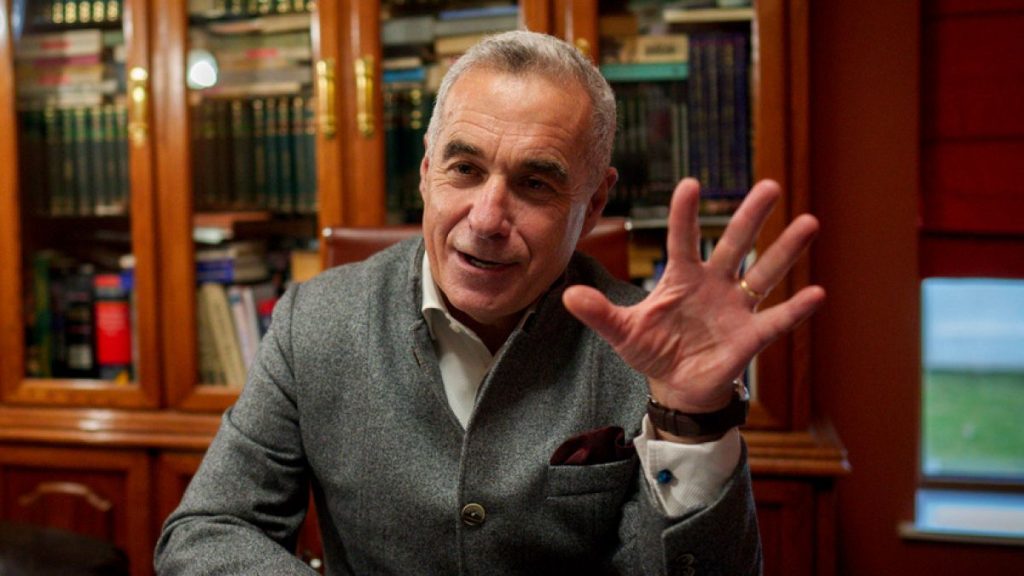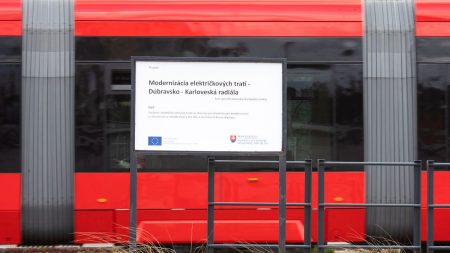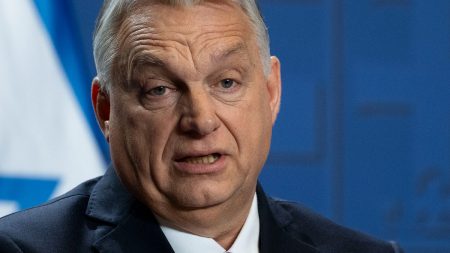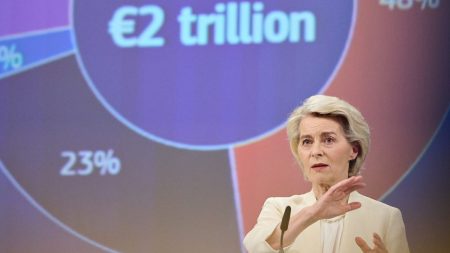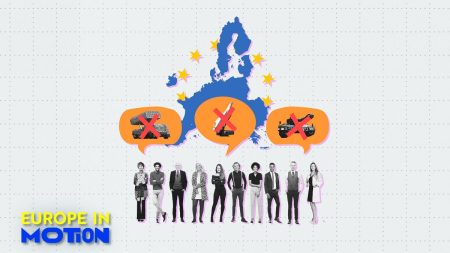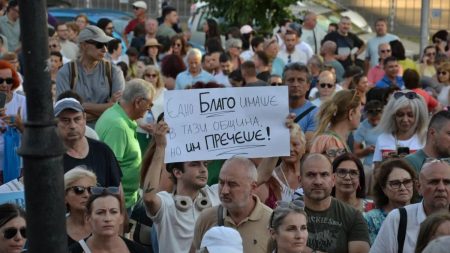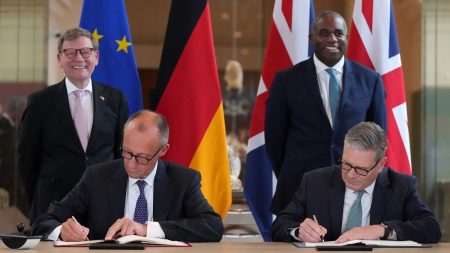In a significant move, Romanian President Klaus Iohannis has declassified five secret reports from various national agencies, revealing that the recent sudden rise of populist hard-right candidate Calin Georgescu in the presidential elections stemmed not from organic popularity but from a systematic, coordinated social media campaign potentially executed by a “state actor.” These reports, solicited by the institutions themselves, highlight alarming revelations regarding election interference that raises serious questions about the integrity of the electoral process in Romania. Given the potential implications of these findings, they have garnered a substantial amount of attention both domestically and internationally.
The reports detail how a previously inactive social media network, primarily on TikTok, was activated just two weeks before the elections. It appears that the operators behind this network were skillfully organized through a Telegram channel, employing tactics characteristic of state-sponsored operations. The Romanian national intelligence service, SRI, concluded that the activities surrounding Georgescu’s campaign were orchestrated to manipulate public perception and create favorable conditions for his candidacy, leading to suspicions regarding the legitimacy of his support at the polls.
Significantly, the reports indicate that nearly one million euros was funneled into Georgescu’s campaign by a backer, raising concerns around financing and campaign ethics. Notably, up to €950 was reported to be paid for social media reposts, emphasizing the financial resources utilized in this deceptive strategy. TikTok itself has recently acknowledged receiving €362,500 from an individual backing Georgescu, highlighting the direct financial ties to the app amidst allegations of interference. In response to the rising concern, TikTok representatives informed the European Parliament that they have undertaken measures to eliminate thousands of fake accounts targeting Romanian voters, indicative of widespread manipulation.
In compliance with the EU’s new Digital Services Act, which strictly regulates political advertising on major platforms, these revelations have prompted the need for urgent clarifications from legal and regulatory bodies. The classified reports were initially presented in a meeting of Romania’s Supreme Council for National Defence (CSAT) and later forwarded to appropriate entities. The purpose was to prompt immediate action to address the serious allegations outlined in the reports, reflecting the government’s acknowledgment of the potential threats to electoral integrity.
As the second round of the presidential elections approaches, there is widespread speculation about how these revelations may impact voter behavior and perceptions of Georgescu. Despite his denials of funding his campaign, the evidence brought to light raises serious questions about the transparency and legality of his campaign financing. The potential for accusations of illegal campaign financing could have far-reaching consequences not only for Georgescu’s candidacy but also for the broader political landscape in Romania.
These developments underscore a growing concern around the influence of foreign entities and the use of social media tactics in undermining democratic processes. As these issues are further examined, it will be essential for relevant authorities to address the findings of the intelligence reports to restore public confidence in the electoral system. The situation presents an opportunity for critical discussions on the regulation of digital campaigning, the ethics of political financing, and the broader implications of foreign interference in national elections, which may have lasting effects both in Romania and across Europe.




